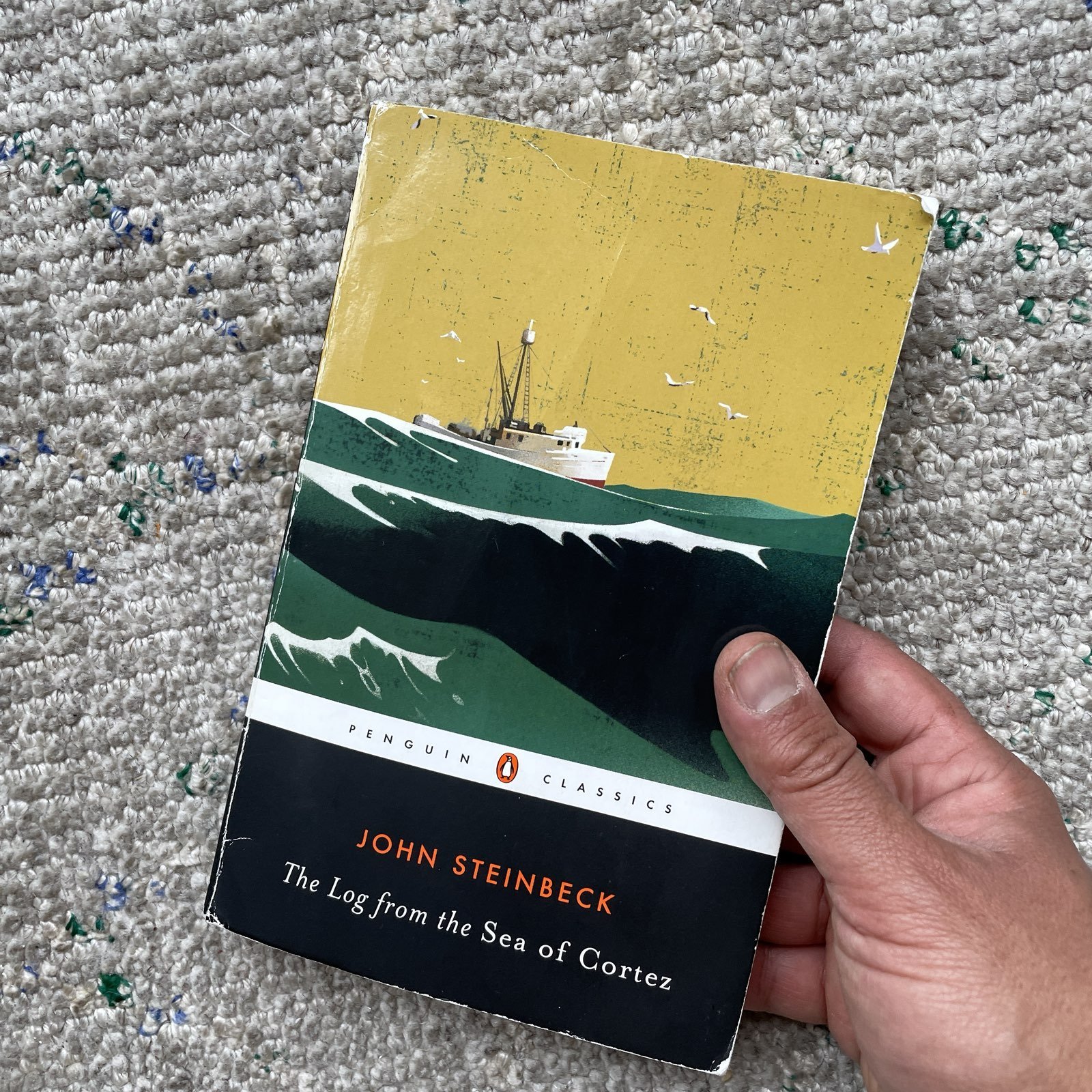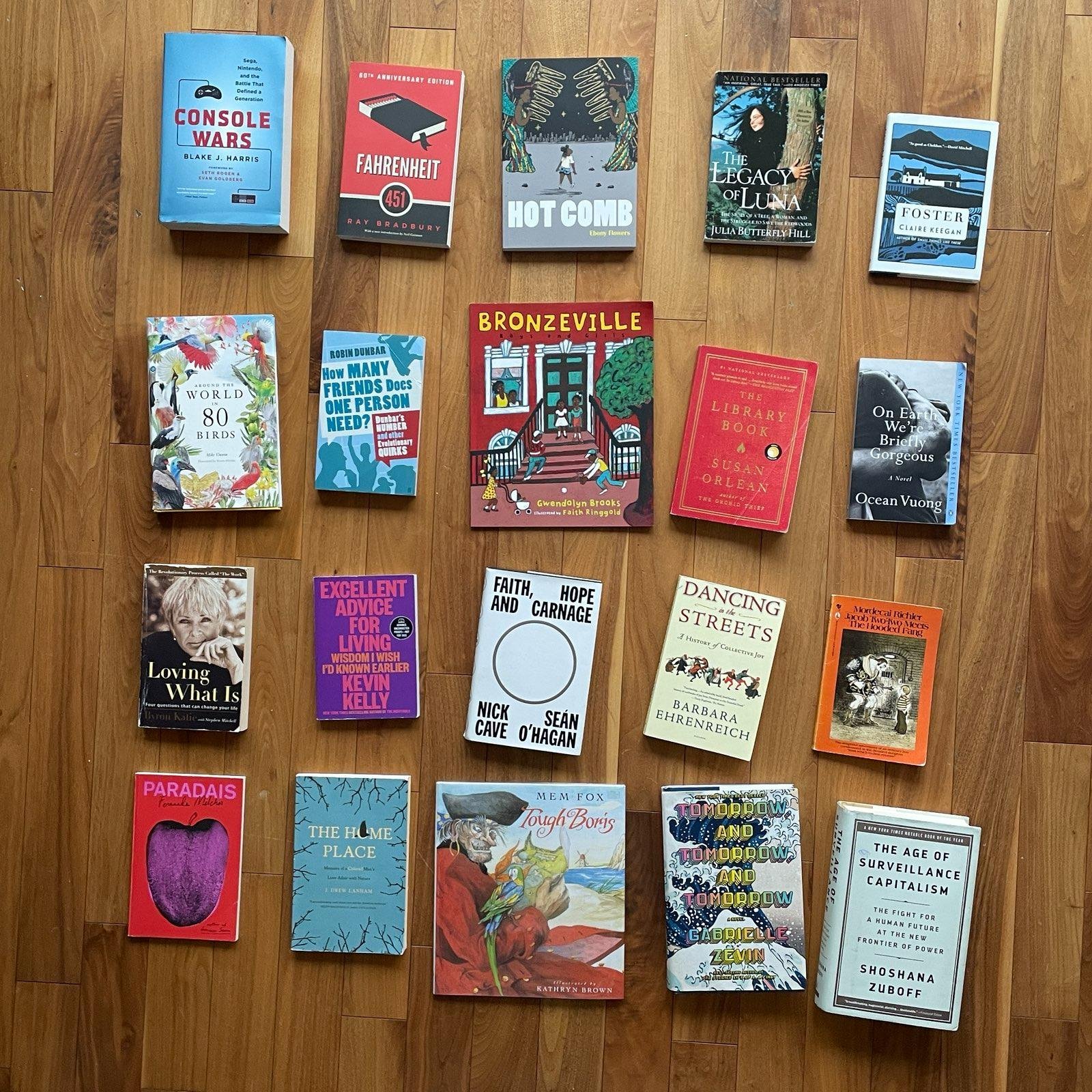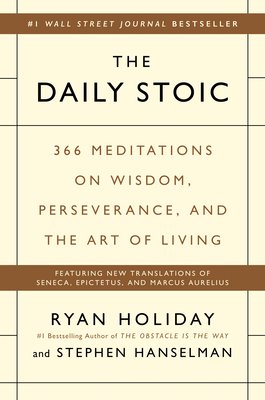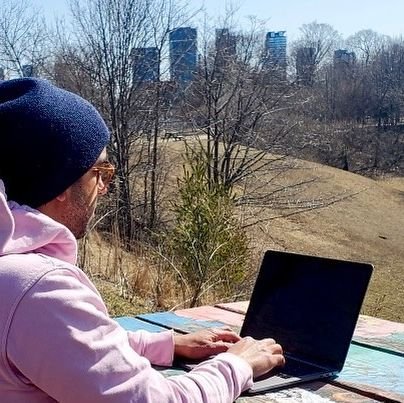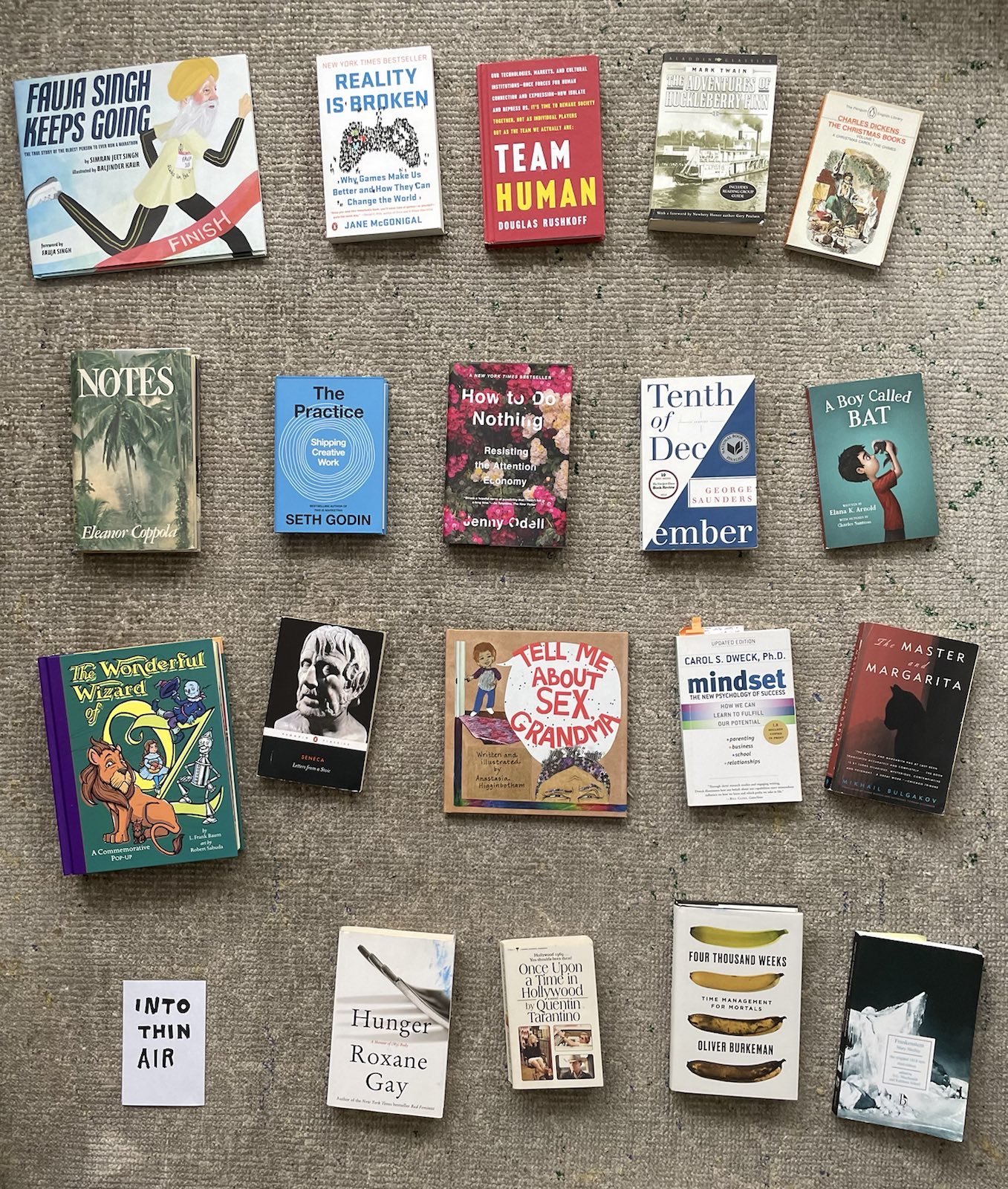Hey everyone,
I am reading a most wonderful and wonderfully unusual book right now called 'The Log from the Sea of Cortez' by John Steinbeck. Pulitzer Prize-winning author of 'East of Eden,' 'Of Mice and Men,' and 'The Grapes of Wrath.' Did you know in 1940, after controversy erupted around 'The Grapes of Wrath' (“Communist! Labor-sympathizer! Socialist!”), Johnny decided to say eff y’all and ship out. Literally. He and his pal Ed hailed a sardine boat called the Western Flyer and went on a slightly bizarre, world-connecting, animal-collecting, pattern-seeing 4000 mile voyage around the Baja peninsula, into the Gulf of California aka The Sea of Cortez. You know that big long pinky finger of land hanging down the left side of Mexico? That! They sailed down and around that. Yes, I am embarrassed to say I didn’t know what it was called. But that's why we read! The book is arranged in a series of vivid diary entries through March and April 1940.
And it starts with little detailed observations like this on page 25:
A squadron of pelicans crossed our bow, flying low to the waves and acting like a train of pelicans tied together, activated by one nervous system. For they flapped their powerful wings in unison, coasted in unison. It seemed that they tipped a wavetop with their wings now and then, and certainly they flew in the troughs of the waves to save themselves from the wind. They did not look around or change direction. Pelicans seem always to know exactly where they are going.
Little observations. Rolling observations. Bits of philosophical insight between the observation and catalog of all the brightly colored things they’re pulling out of the water. Then it gets deeper and deeper:
The military mind must limit its thinking to be able to perform its function at all. Thus, in talking with a naval officer who had won a target competition with big naval guns, we asked, ‘Have you thought what happens in a little street when one of your shells explodes, of the families torn to pieces, a thousand generations influenced when you signal Fire?’ ‘Of course not,’ he said. ‘Those shells travel so far that you couldn’t possibly see where they land.’ And he was quite correct. If he could really see where they land and what they do, if he could really feel the power in his dropped hand and the waves radiating out from his gun, he would not be able to perform his function. He himself would be the weak point of his gun. But by not seeing, by insisting that it be a problem of ballistics and trajectory, he is a good gunnery officer. And he is too humble to take the responsibility for thinking. The whole structure of his world would be endangered if he permitted himself to think. The pieces must stick within their pattern or the whole thing collapses and the design is gone.
Damn! There’s a reason Maria Popova of the phenomenal The Marginalian says she considers this slender book of non-fiction Steinbeck's finest work.
This quote on Page 72 blew me away:
It was said earlier that hope is a diagnostic human trait, and this simple cortex symptom seems to be a primate factor in our inspection of our universe. For hope implies a change from present bad condition to a future better one. The slave hopes for freedom, the weary man for rest, the hungry for food. And the feeders of hope, economic and religious, have from these simple strivings of dissatisfaction managed to create a world picture which is very hard to escape. Man grows toward perfection; animals grow toward man; bad grows toward good; and down toward up, until our little mechanism, hope, achieve in ourselves probably to cushion the shock of thought, manages to warp our whole world. Probably when our species developed the trick of memory and with it the counterbalancing projection called ‘the future,’ this shock-absorber, hope, had to be included in the series, else the species would have destroyed itself in despair. For if ever any man were deeply and unconsciously sure that his future would be no better than his past, he might deeply wish to cease to live. And out of this therapeutic poultice we build our iron teleologies and twist the tide pools and the stars in to the pattern. To most men the most hateful statement possible is ‘A thing is because it is.’ Even those who have managed to drop the leading-strings of a Sunday-school deity are still led by the unconscious teleology of their developed trick.
And this one a few pages later scared me:
It is a rule in paleontology that ornamentation and complication precede extinction. And our mutation, of which the assembly line, the collective farm, the mechanized army, and the mass production of food are evidences or even symptoms, might well correspond to the thickening armor of the great reptiles—a tendency that can end only in extinction…
How about this doozy speaking about the cycles of time:
It is difficult, when watching the little beasts, not to trace human parallels. The greatest danger to a speculative biologist is analogy. It is a pitfall to be avoided—the industry of the bee, the economics of the ant, the villainy of the snake, all in human terms have given us profound misconceptions of the animals. But parallels are amusing if they are not taken too seriously as regards the animal in questions, and are downright valuable as regards humans. The routine of changing domination is a case in point. One can think of the attached and dominant human who has captured the place, the property, and the security. He dominates his area. To protect it, he has police who know him and who are dependent on him for a living. He is protected by good clothing, good houses, and good food. He is protected even against illness. One would say that he is safe, that he would have many children, and that his seed would in a short time litter the world. But in his fight for dominance he has pushed out others of his species who were not so fit to dominate, and perhaps these have became wanderers, improperly clothed, ill fed, having no security and no fixed base. These should really perish, but the reverse seems true. The dominant human, in his security, grows soft and fearful. He spends a great part of his time in protecting himself. Far from reproducing rapidly, he has fewer children, and the ones he does have are ill protected inside themselves because so thoroughly protected without. The lean and hungry grow strong, and the strongest of them are selected out. Having nothing to lose and all to gain, these selected hungry and rapacious ones develop attack rather than defense techniques, and become strong in them, so that one day the dominant man is eliminated and the strong and hungry wanderer takes his place.
